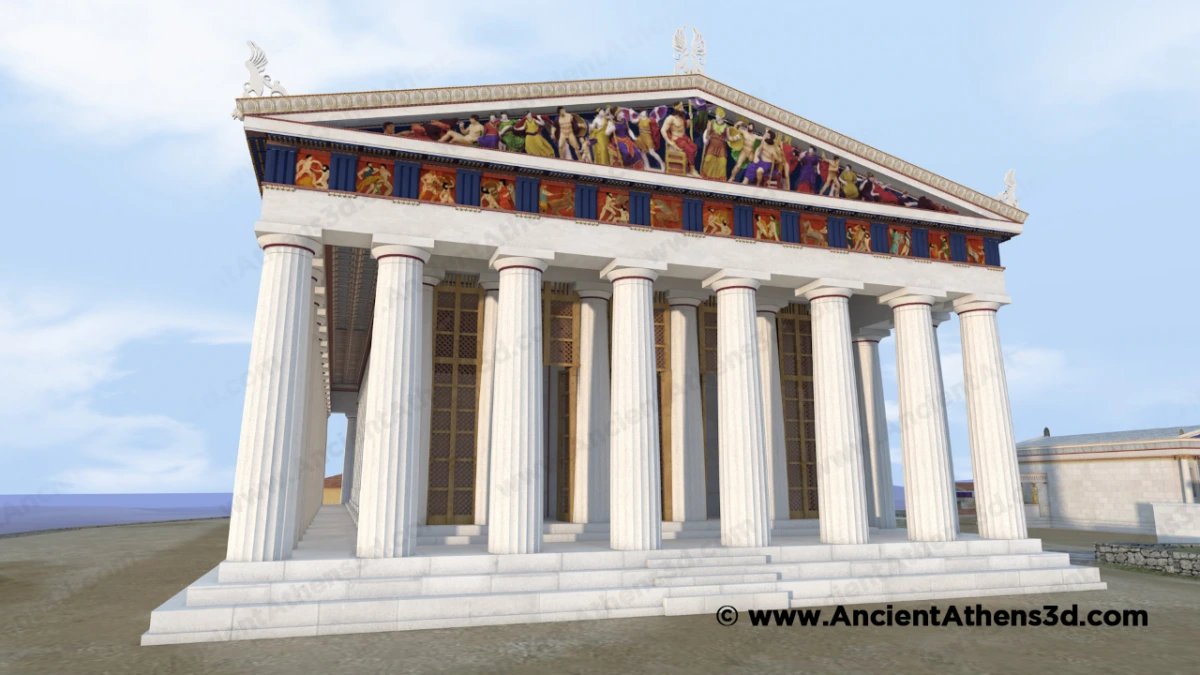Hasaki Speaks on Parthenon and Pandemic

This week, marking the sober pandemic anniversary, Eleni Hasaki (Associate Professor, Anthropology/Classics) was invited to lecture on The Parthenon and the Plague: Pandemic Perspectives from Classical Athens, for the international interdisciplinary webinar series titled Covid 19: Breaking and Raising Boundaries, organized by IGlobes (Interdisciplinary Global Environmental Studies) a CNRS-UArizona research consortium of scholars from French academic institutions (CNRS, ENS, PSL) and UArizona faculty.
Abstract: The Golden Age in Athens (5th century BCE) is synonymous with military tactics, grand politics, advanced technology, oratory, philosophy, and arts. Parthenon, the largest temple in Greece, and the Athenian Acropolis loom large. But one year after the completion of the Parthenon, a civil war broke out and a plague hit Athens. It crippled its population, its moral compass, and its dreams for continued hegemony. The Athenians had often heard about plagues in their dramas and myths, but now they experienced it firsthand on a devastating scale. The talk will explore the social and economic impact of the plague, as well as contextualize such public health disasters within the larger context of health and medicine in the ancient Greek and Roman world. It will also explore how the Athenian Acropolis and the Parthenon were recently promoted as pillars of culture and resilience in the midst of the COVID-19 pandemic and very volatile geopolitical realities in modern Greece.
The full, semester-long, program and registration information can be found at https://www.cnrs-univ-arizona.net/menu-en/news-events-1/program/. (Anthro News Digest date: 03/12/2021)

